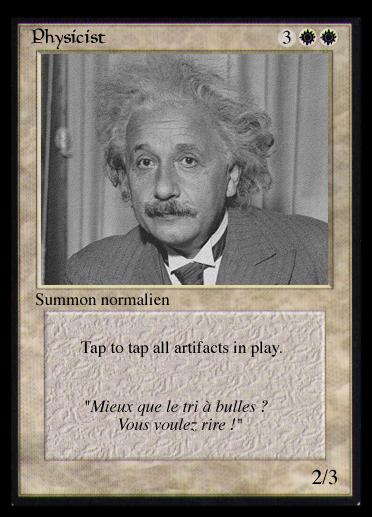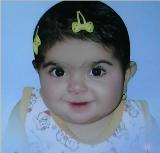|
|
|
|
|
In the Name of God Why People Fake Illness Source:Live Science posted: 17 February 2010 09:32 am ET In 2008, a Baltimore woman named Dina Leone shared shocking news with her friends and family: she had been diagnosed with stomach cancer. She wrote blogs and Facebook notes, updating everyone on her treatment and progress. The 37-year-old mother of two received more than an outpouring of support and get-well cards; she also got money to help pay for her treatments and fulfill her dying wishes. It was all very tragic – and it was also a hoax. Police investigated her claims and soon her story unraveled when the hospitals she claimed to have visited had no record of her. Leone eventually admitted that she had pretended to be sick for over three years. She was recently indicted on charges of theft and conspiracy. But why would someone lie about having cancer? Usually the main motivation for faking an illness is to gain sympathy. People like being the center of attention; they like the constant stream of well-wishes and gifts, concerned calls from old friends and others. Sometimes the hoaxes are committed for the simplest and basest of reasons: money. Nothing opens wallets and purses like sympathy for the sick or injured, and few people have the audacity to ask where the money goes. Case in point: One Boston woman, Kristen Clougherty, told friends and family she had cancer in 1999. They organized a fundraising 5K run in her name, and raised about $50,000, which she reportedly spent on a new car and breast implants. Often, of course, there are mixed motivations, and the person faking illness has many reasons to keep up the pretense of being sick for as long as possible. Some people really do have a disease — not cancer but a mental illness known as a factitious disorder. People with this disorder pretend to have an illness (usually a terminal one) and often go to great lengths to maintain the hoax. Munchausen"s By Proxy It"s one thing if an adult friend or co-worker fakes an illness for sympathy or time off work. But some of the most tragic cases involve children. One type of factitious disorder, Munchausen syndrome by proxy, involves a person who acts as if the child he or she is caring for has an illness. For example, for much of 2003, the parents of a 7-year-old girl named Hannah Milbrandt told their friends and family that their daughter had cancer. Bake sales and donations raised about $10,000 for the family between April and December, when it was discovered that the girl was not sick. Teresa Milbrandt did her best to make her daughter look sick. She shaved the girl"s head to mimic the side effects of chemotherapy, made her wear a protective mask as if her immune system had been compromised, and even drugged her daughter with sleeping pills to make her groggy. Even worse, Hannah wasn"t in on the scheme: Milbrandt convinced her daughter she was really going to die, and had her in counseling to cope with the fact she would never see her teenage years. Though Munchausen"s by proxy is a rare disorder, it is hardly unique: Two years earlier, an Indiana woman raised over $6,000 telling her family — and her daughter — that she was dying of leukemia. It"s likely that factitious disorders occur more often than people realize. After all, the only cases that are discovered or make the news are ones in which the person at the center of the hoax carries it on so long that the hoax is exposed. There are likely many cases where the person suddenly starts to get better before raising suspicions. These faked illnesses could have implications for people who really do have cancer, or other sickness. One person who truly did have cancer told Dina Leone she was worried that the exposure of Leone"s hoax would make people less likely to believe real victims. But if history is any indication, the pool of public sympathy and goodwill won"t be tainted by factitious disorders.
|
||
|
|
لیست کل یادداشت های این وبلاگ
|
|










